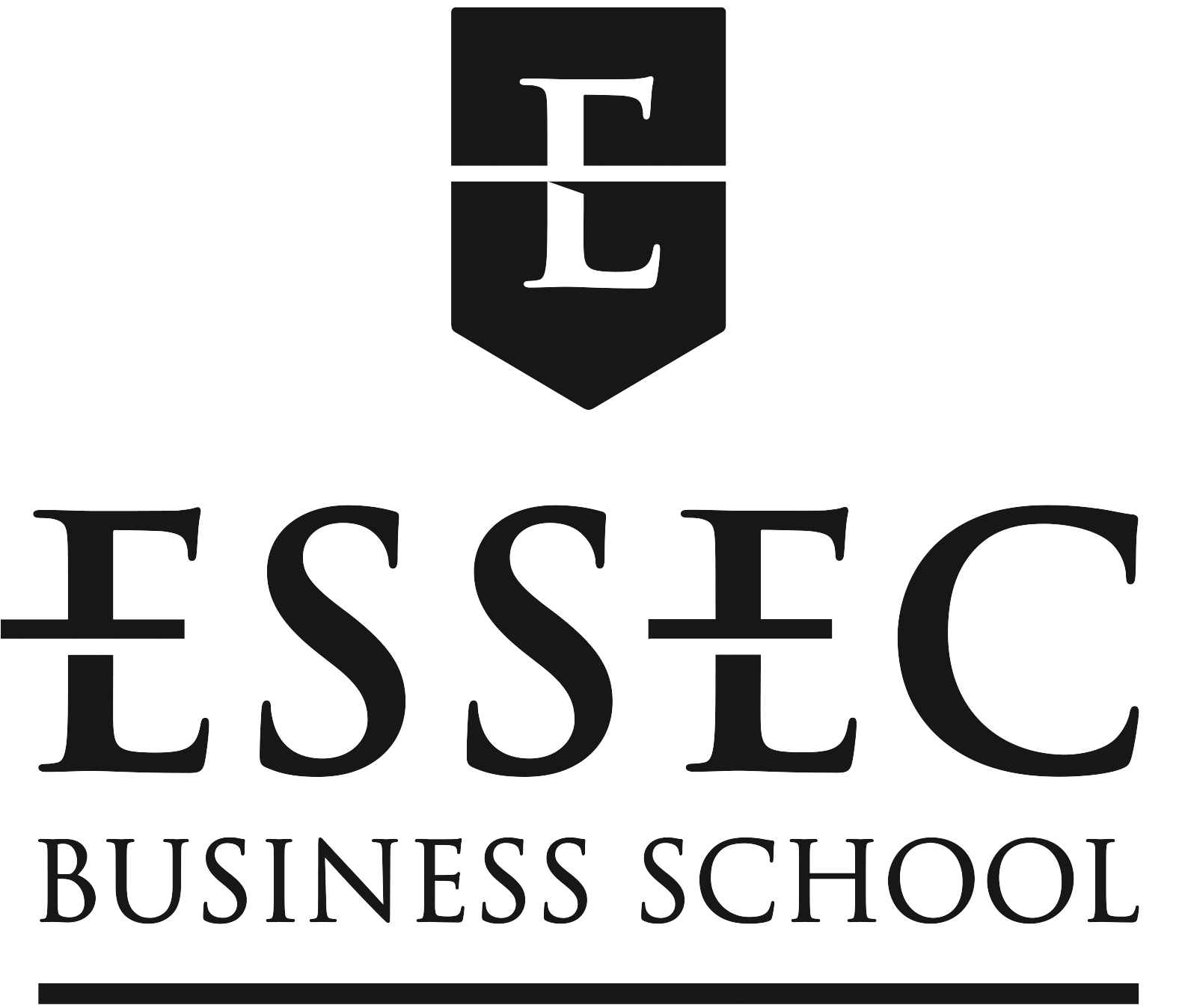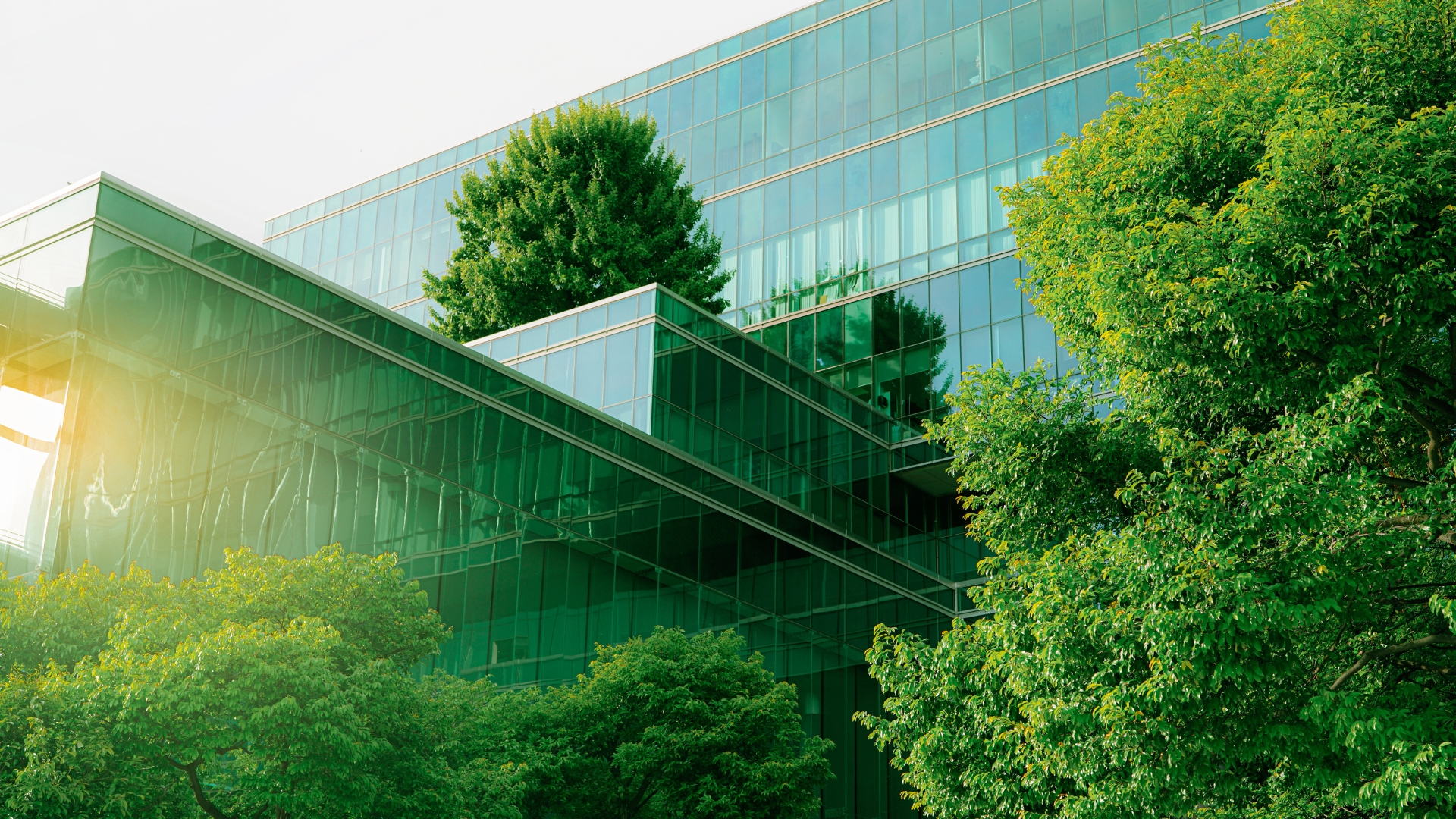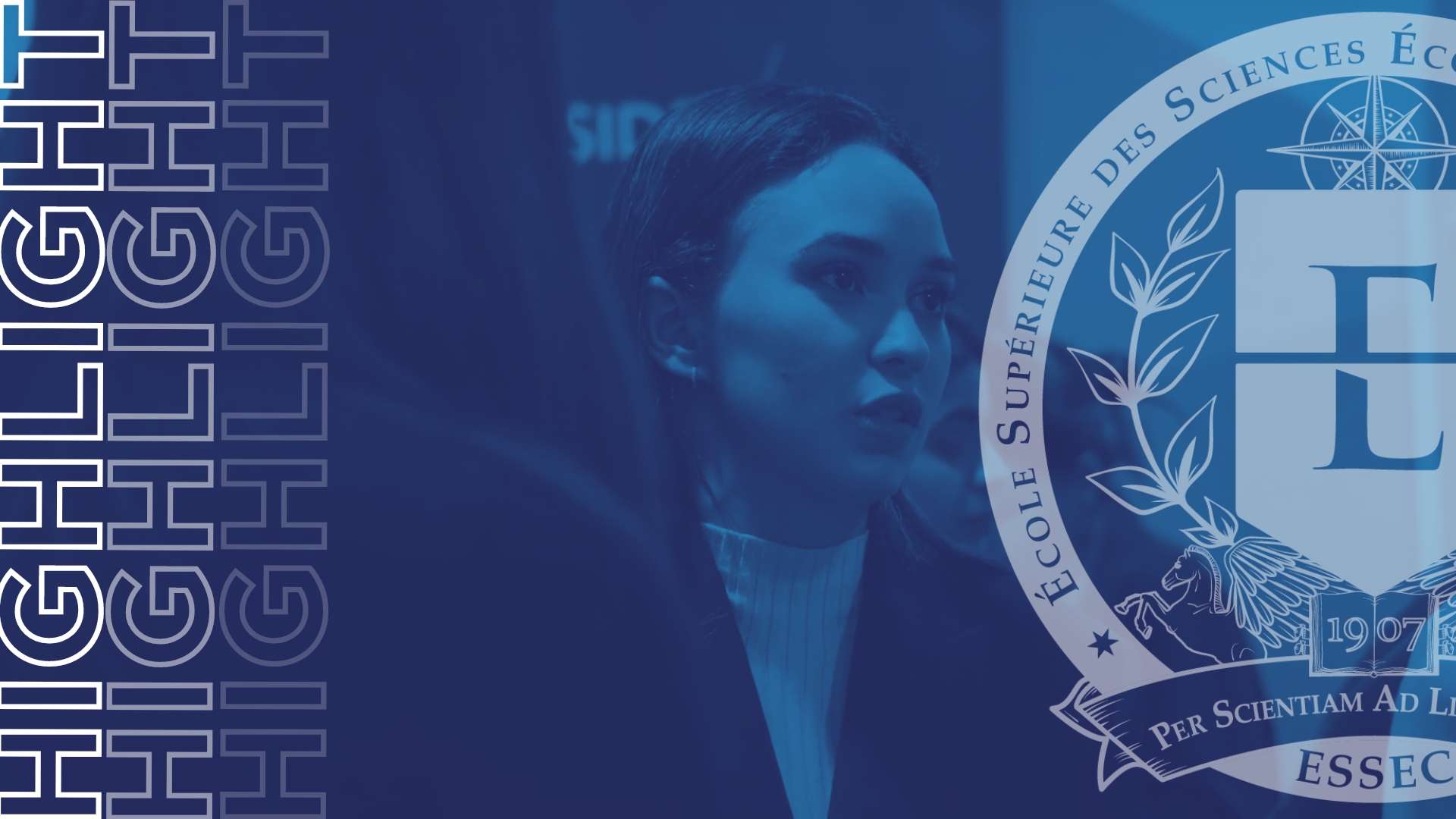Our quest to speed up economic growth has led to a linear take, make, and waste system. Trash has been generated at a rate beyond our control, natural resources are depleting rapidly, and global temperatures are spiking at worrying rates.
As communities across the world stand in the firing line, climate change concerns are now extremely pressing, pushing sustainability from a “hobby done on the side” to become “central to how business is conducted,” Professor Arijit Chatterjee, Associate Professor, Management Department at ESSEC Asia-Pacific shares.
“It requires a total relook at how operations are managed in any business,” he adds, declaring, “We want our students to be prepared for this!”
With this in mind, the Asian Strategy Consulting Project (ASCP) has focused on helping businesses reach their sustainability goals in recent years.
In 2021, the ASCP eventually became part of the newly launched ESSEC Ecological Transition Chair—a specialized track for students to explore the field in greater depth—with BNP Paribas and Capgemini Group.
The roots of this trace back to 2010 when ESSEC Asia-Pacific came together with Capgemini Invent, the consulting brand of the Capgemini Group, to help students from the Asia-Pacific Master in Management (MiM) cohort acquire the skills required for a management consulting role.
Around 30 students are matched with global companies each year to consult and solve a business problem over three months.
Learn to Walk the Consultant Talk
The process students go through is remarkably similar to that of an actual consultant.
After a two-week consultancy course with the Capgemini team, students embark on a desk research phase to clarify the issue, analyze the market, and define the problems to solve.
This is followed by a period of fieldwork where they can interview key project stakeholders and evaluate and validate their working hypotheses.
The last month of the project is spent conducting a business analysis and developing their recommendations—before presenting these to the final jury.
Throughout this process, they are guided by an ESSEC faculty member and mentored by the Capgemini team.
This epitomizes ESSEC’s signature learning-by-doing approach, offering an opportunity for “students to see how what they have learned in the classroom can be applied to the field,” Chatterjee explains.
Empowered to Change the Future
With four out of six 2021 partner companies presenting problems that revolve around sustainability, the ASCP today doesn’t just educate about sustainability.
It also offers students “direct exposure to how they can make a difference through their recommendations, actions and work to make sustainability happen—now, and today,” André-Benoît de Jaegere, Vice President, Innovation & Strategy, Capgemini Invent France shares.
Having worked with ESSEC Asia-Pacific for over a decade, de Jaegere adds: “We are always struck by the fact that the ESSEC students show strong engagement and commitment to delivering high-quality work.”
He says this was even more remarkable over the pandemic year when students effectively connected with clients from different geographies over a digital screen.
The students, in turn, see working with Capgemini as one of the highlights of the ASCP.
“Their incisive thinking and observations are crucial to the success of our project,” Aniruddha Sharma, a third-year MiM student who completed the ASCP in 2020, shares.
He adds that Capgemini’s mentorship, coupled with the experience of working with Singapore-based firm Bollore Logistics, taught him volumes about the way corporations can respond to climate change.
Aniruddha’s experience is but a glimpse of what ASCP participants present and future can expect as they embark on a similar journey of rigorous training in a real-world context, so they, too, will emerge not just better at business but also as more responsible global citizens.
Read the second part of the series to learn more about students’ work in the 2021 ASCP and the third part for the concluding roundtable discussion.
RELATED POSTS
Highlights: ESSEC Talent Day 2024
On 6 March 2024, students from the ESSEC Asia-Pacific campus rubbed shoulders with executives from top companies in the inaugural Talent Day event.…
SMIB Students Tackle Hard Issues at the Hinrich Foundation Inaugural Sustainable Trade Challenge
Master in Strategy & Management of International Business students dive deep into the Sustainable Trade Challenge, showcasing their prowess in…
CFA Research Challenge 2023-2024: Financial Modeling Boot Camp by ESSEC
In support of the CFA Institute Research Challenge 2023-2024, ESSEC APAC ran a financial modeling boot camp for students across Singapore. Find out…
MiF Career Immersion 2023 Series: Students Take Their First Steps into the World of Finance
To enable ESSEC MiF students to better understand the industry, ESSEC Asia-Pacific organized company visits to financial powerhouses as part of the…
MiF Guest Speaker Sylvaine Masson: MD on Succeeding in the M&A Landscape
Sylvaine Masson, an ESSEC Master in Management alumna, discusses success in Asia's M&A sector. She emphasizes the importance of a strong financial…
Highlights: ESSEC Career Seminar 2023
On 8 November 2023, students from the ESSEC Asia-Pacific campus attended various talks and panel sessions featuring senior executives from top…







